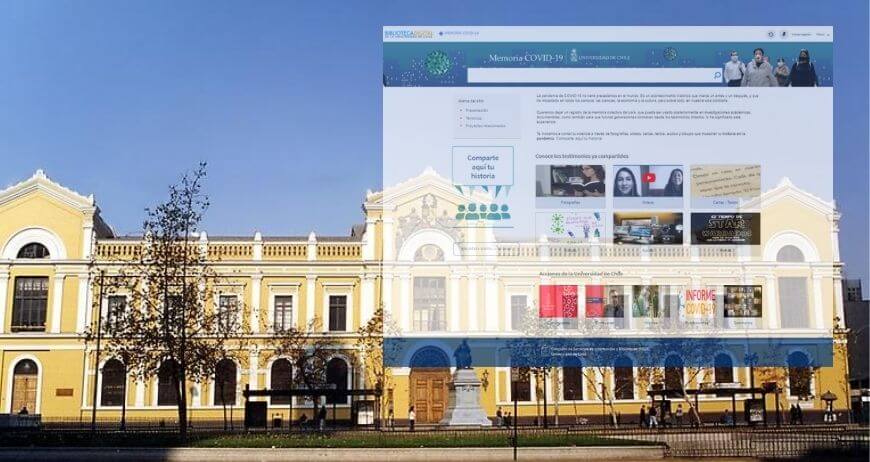Kevin Stehr, Vice President, ProQuest
Change is always around the corner – so why do we resist it so consistently?
Harvard Business Review tackled that question in 2012 and came up with their Top Ten reasons – many of which sound so familiar in a library environment. They list “loss of control,” “everything seems different,” “more work” and the ever-popular fear of surprise as some of the main drivers of angst.
Taken into a more narrowed context, these fears speak to the needs of both your patrons and your institution, and the issues span every type of library.
– A public library, for instance, may wonder if change will affect the usage of their collection… if it requires much training… if it simplifies (or complicates) in-house and remote access… and if it does any damage to their already strapped budget.
– An academic library could be concerned about whether change in the collection will affect the curriculum… what the faculty might say to new or different resources… whether they can afford a transition… and the impact of the change on learning management systems.
– For a K12 library, a large focus of anxiety might center on whether the change supports state, federal and district teaching mandates – and how to best train teachers and students on new research resources.
– In a community college library, the worries over change could point to how the resources will serve a diverse user base… whether the content fully supports the library’s mission in terms of both academics and workforce training… and if the ROI tied to the transition can be demonstrated.
And crossing all these concerns is the universal question: Will this affect the way I do my job?
Knocking down the barriers to change
While resistance to change is natural, having a Change Management plan can take a lot of the heat off the transition.
At its root, Change Management represents the process, tools & techniques to manage the people-side of change to achieve a required business outcome (as opposed to project management, which addresses specific activities and milestones).
Change Management has its basis in a step-by-step process that addresses initial awareness of the need for change right through to desire, knowledge, action and reinforcement. Communications, coaching and training all enter into the process, helping ensure that even those who feared or rejected change initially end up fully understanding what is transpiring in their workplace.
And does it work? As the Change Management experts at Prosci note, “of the 245 research participants who reported having excellent change management effectiveness, 94% met or exceeded project objectives.”
Support from change experts
Done right, Change Management makes a transition smooth while providing support for everyone involved, from library director to everyday patron – that’s because you’re not entering into the process alone. I realized the benefits when I became certified in Change Management; my staff is also getting certified to help our customers make the transition from their current state to a future state that meets their strategic or economic priorities.
And yes, you might find that change affects how you do your job – but for the better.
You might also be interested in

COVID-19
Librarianship
April 28, 2021 |
11 min read
Trends in Physical and Electronic Resource Usage in U.S. Academic Libraries

COVID-19
Librarianship
April 09, 2021 |
5 min read
National Library Week: Recognizing Libraries as a Reliable and Resilient Force

Alma
Librarianship
April 06, 2021 |
6 min read
Centralizing, Optimizing and Cutting Costs
Great library experiences start with software
Download whitepaper

Alma
Librarianship
March 09, 2021 |
7 min read
Finding the Best Integrated Library System for Small and Medium Library Collections and Management

Alma
Librarianship
February 16, 2021 |
6 min read
A Small Library Staff Can Do Much More Than You Think

Alma
Librarianship
November 11, 2020 |
5 min read
The Big Challenges of Small Libraries

Community
Librarianship
October 14, 2020 |
3 min read
Diversity, Equity and Inclusion: Dr. Safiya Umoja Noble Chats with Ex Libris

Alma
Primo
Community
COVID-19
Librarianship
August 13, 2020 |
2 min read
A Unique Approach to Memorializing 
